6 ways job sharing can boost your digital career

By Kathy Wilson
It wasn’t all that long ago that seeking part-time work was like hanging a sign across your LinkedIn profile saying “not that interested in my career.” Not only was there a salary penalty but promotions suddenly became “unavailable” and career-enhancing projects would disappear like a puff of smoke.
But in 2007, Tim Ferriss forced the world to take a look at the way we all work with his international bestseller “The Four Hour Workweek.” No longer was there a direct link between hours worked and commitment and success.
The flow-on effect has been slow in coming but is now picking up steam. Finally, like a shy little sister at the dance, part-time work is stepping out of shadows and presenting herself as a powerful career tool.
All over the world, millions of dollars are flooding into part-time and flexible work in 2018 as both employers and employees catch on to its advantages.
But have the tables turned so much that part-time work now actually boost your career?
In many cases yes. And for women in digital, it’s a “hell yes!”
So let’s take a look at six specific ways you can use part-time work to skyrocket your career.
1. Use job-sharing to make you part of an unbeatable package.
By developing a strategic job-share partnership, you can take you from a “maybe” candidate for a stretch job to a “must have.”
By matching your skills with someone similar but complimentary, you can potentially double the expertise, experience and skill sets you bring to a role. It also means that when and if the need arises, there is the ability to scale up rapidly (e.g. for a launch/end of financial year/time-sensitive report).
Increasingly – job sharing is a thing. And for senior, well-paid and challenging roles.
Companies are becoming open to hiring senior people on a flexible basis, according to recruitment firm Timewise.
“The British company surveyed 200 local senior managers and found that two out of five would consider hiring candidates for a senior role as part of a job-share. It also estimated that 770,000 high-income earners in Britain now work part-time, an increase of 5.7% on the previous year.
There are no losers in this scenario and big wins for innovative employees.
2. Use the flexibility of part-time work allows to develop skills in new areas
Very often, even the best full-time jobs involve using the same skill set over and over. I kind of rinse and repeat. Sure, you may have mastered the skills required but once you have done that a plateau can set in.
That’s what happened to Tracey – a coder in Sydney.
“When I first started my job
Part-time work, by its very nature, frees you up for things other than your primary job.
Spend it to upskill in new areas that can take you in a whole different career direction.
3. Get your foot in the door at an up and coming company.
Once you have a few years experience, you expect a certain salary – and that’s a good thing.
But what about if your dream company is a bit speculative and can’t afford you at that rate?
Easy.
Negotiate a part-time contract to get your foot in the door.
4. Make more money
This may sound counter-intuitive, but sometimes, working part-time can mean you end up bringing in more money.
If, for example, you take on a 30 hour a week gig and a 15 hour a week gig, your total income might exceed a full-time salary.
5. Be available to last minute and short-term opportunities
By its nature, part-time jobs mean you are free to dabble in small, cool and/or one-off projects.
Who knows, maybe that small gig you pick up might lead to you being the next big thing in digital in a few years.
And finally…
6. Part-time work can make you happy – and that makes you a far better company asset.
According to an article in Fast Company, happy workers are more productive workers.
Here’s what the article said: “A recent study by economists at the University of Warwick found that happiness led to a 12% spike in productivity, while unhappy workers proved 10% less productive. As the research team put it, “We find that human happiness has large and positive causal effects on productivity. Positive emotions appear to invigorate human beings.”
If you can find your work/life balance that works for you, you’ll be far better and your job – and a much more valued employee.
Shawn Anchor, the author of The Happiness Advantage, has found that the brain works much better when a person is feeling positive. At those times, individuals tend to be more creative and better at solving problems.
Kathy Wilson from Elite Reputations gets women great part-time jobs. She knows that starting a job search can push everyone single, insecure button you have and she has a plan for you to follow that is simple and easy and will get you a new job in 4 weeks or less. And she’s released a course called “The World’s Most Real Guide to getting a part-time job that isn’t crap and pays what you deserve“.

